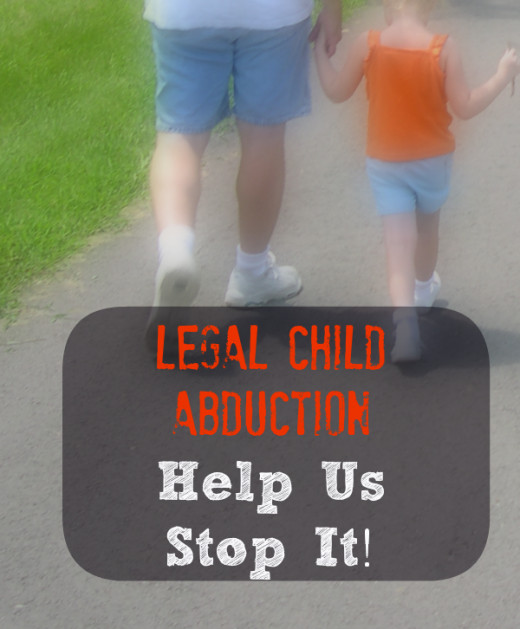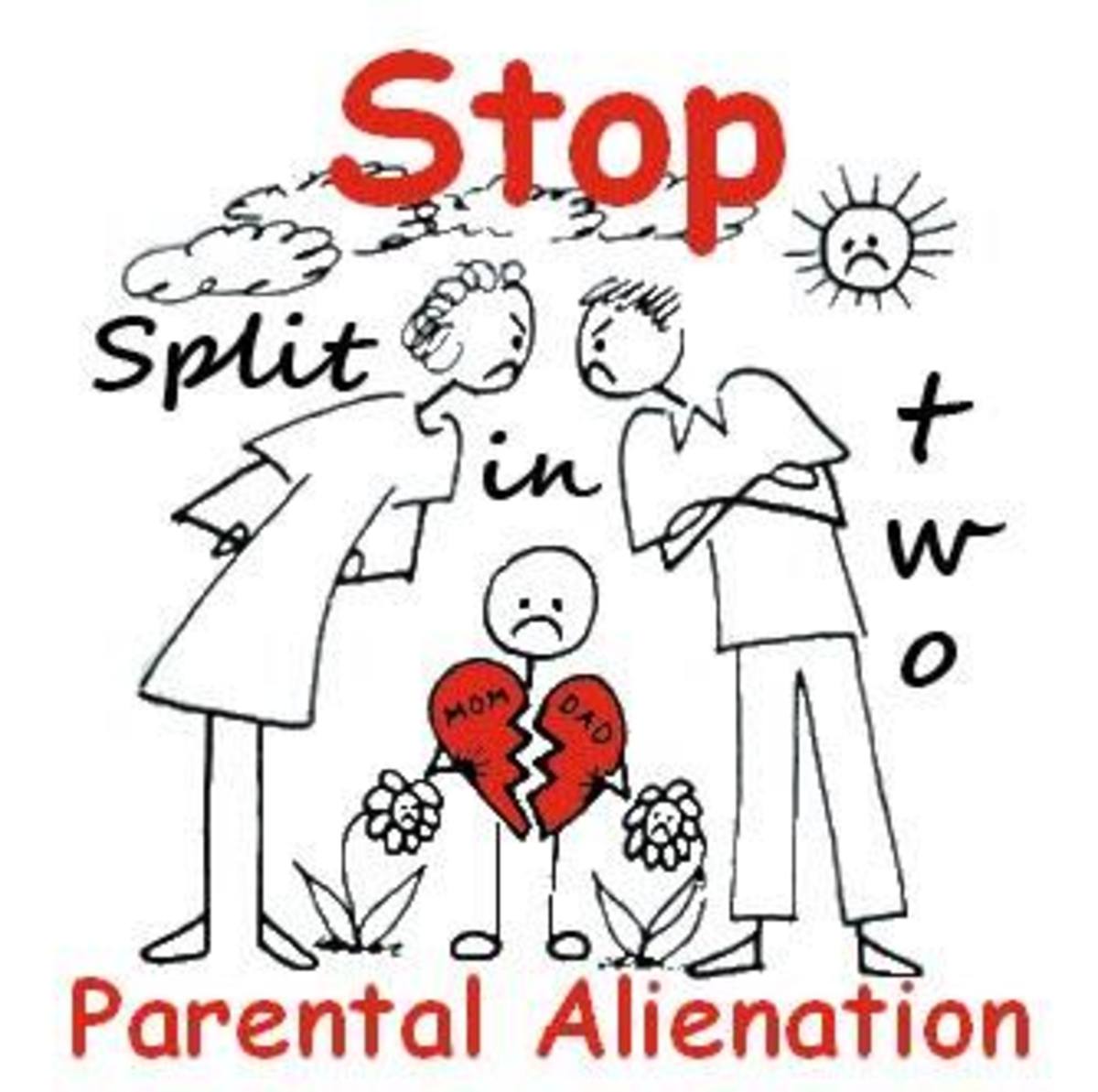Japanese Child Abduction From Any Country - Completely Legal

It's unfortunate but not unusual for relationships to end in divorce or separation. Often there are children involved and in most countries we're fortunate to have a legal system that, although it may have some problems, helps enforce custody orders.
But there's one country where custody orders, no matter the citizenship of the child, are worthless. And where thousands of children have disappeared over the last half century.
Japan doesn't recognise any international custody law, meaning children taken there can disappear for decades or even forever.
So - They Can Just Take Children?
Yes. Let's imagine that there are two parents living in Australia - one born in Australia, one of Japanese descent. They have two children. They are amicably divorced and legal custody agreements are in place.
If the mother takes the children to Japan, the father has NO legal recourse. None whatsoever. Despite an Australian custody order being in place, this is not legally applicable in Japan. Unless the mother wishes to allow access, the father may never see his children again.
What Can You Do To Help?
Raise awareness - pin or share this article, or one of the websites listed.
Donate - many parents have spent years trying to get their children back by speaking out, attempting to get laws changed, traveling to Japan and more.
Contact Someone - Write a letter to your local MP, Attorney General's Office, Foreign Minister, Prime Minister, President.
Why Can Children Be Abducted?
Nearly 90 countries have signed the Hague Convention on the Civil Aspects of International Child Abduction which requires current child custody rulings to be enforced equally throughout any country a child is taken.
This cuts down on the number of parents taking children back to their home country, or to another country, in the hopes of a kinder ruling under a different legal system.
The only problem? Since the original Hague Abduction Convention in 1980, Japan has always refused to be a signatory.
In March 2013, Japan finally agreed to sign the Hague Abduction Convention allowing international parents to have custody and access to their children. But there's a problem.

Why Does The Hague Abduction Convention Not Help?
Although Japan has finally agreed to sign the agreement, custody rulings are still based under Japanese law.
This means that for an international parent to get back a child abducted to Japan by their Japanese parent, these legal problems can still stand in the way:
- Claims of domestic violence or abuse need not be substantiated before being used as a reason to NOT allow custody to an international parent.
- International parents may be forced into a long mediation process which requires them to travel repeatedly to Japan (they must be present in person) as well as be at the risk of being forced into acceptance of unfair terms. There are also cultural and language differences which put the international parent at an immediate disadvantage.
Further Reading
- Australians With Abducted Chidlren
- Bring Abducted Children Home (USA)
Bring Abducted Children Home is dedicated to the immediate return of internationally abducted children - Agreeing To The Treaty - No Guarantee Children Will Come Home
A closer look at the problems surrounding the treaty and the effect Japan's own laws will have on children who have already been abducted. - The Japanese Children's Rights Network






